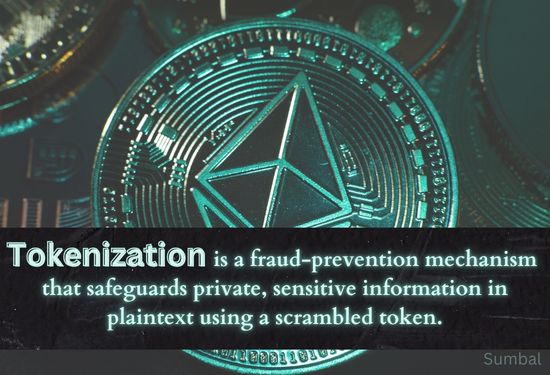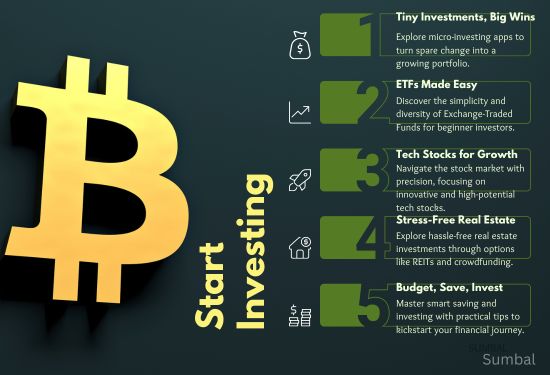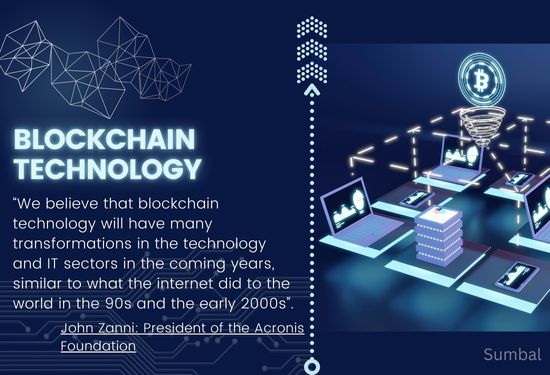This paper looks into how technology and investment trends are changing REITs as the globe goes digital. Real Estate Investment Trusts, or REITs, are ways for people to directly invest in larger income-generating properties. They have been around for several decades. With new technologies, changing investor expectations, and trends in the real estate market, REITs are likely to experience advantages.

The Technology’s Impact on REIT Operations
It has significant implications for REITs changing how they function through property management, data manipulation, and customer relations. The combination of IoT (Internet of Things) sensors in smart building techniques helps in energy usage information, avoids or schedules maintenance, and enhances the end-users, reduces the cost, improves the operation and defense strategies, and increases the value of real estate.
Furthermore, issues such as big data analytics assist REITs in making more informed investment decisions. Given the ever-evolving nature of the real estate market, this makes it easier for REITs to manage their affairs.
Digital Platforms and the Rise of Accessible REIT Investments
Online marketplaces are now changing the nature of how investors receive REITs. Earlier, REIT investments existed only through trading in public exchanges or, through certain financial organizations. Investment in REITS was previously inaccessible to the small and retail investors but some online portals have brought these markets closer to home. Some examples include Fundrise and RealtyMogul which allow for investing in private REITs with minimum investments significantly lower than in the past, which means that real estate investing is no longer reserved for individuals with high income and/or wealth.
These digital platforms also bring about transparency, as investors can access everything involving property portfolios, performance, and returns. This convenience has appealed to a new generation of investors who possess more online control over their accounts.

The Role of Blockchain and Tokenization
The act of turning real estate assets into tokens on a blockchain that can be traded for other tokens is known as tokenisation. For REITs, this means the possibility of further dividing the real estate investments into slices, thus enabling them to be traded in smaller parts more flexibly.
Blockchain also improves transparency and security since any transaction is embedded directly. This could enhance credibility among the investors and also enhance the operation of other activities, including property transactions and dividends, to enhance efficiency and cut expenses. Blockchain-technology-REITs analysis suggests that the innovation is yet in its infancy and may result in a more liquid and accessible REIT market.

Adapting to Evolving Market Trends
As newly emerging technologies such as remote work and e-commerce alter the fundamental demand of the real estate market, REITs are diversifying their portfolios. Office REITs might emphasize flexible workspace more or move their portfolios to focus on mixed-use buildings. Macroeconomic factors, which include GITs, have boosted its confidence as the market expands for the supply of logistics & warehouse properties by Industrial REITs. REITs are responding to new tendencies in the consumers’ behavior and their tenants’, which can successfully evolve.





